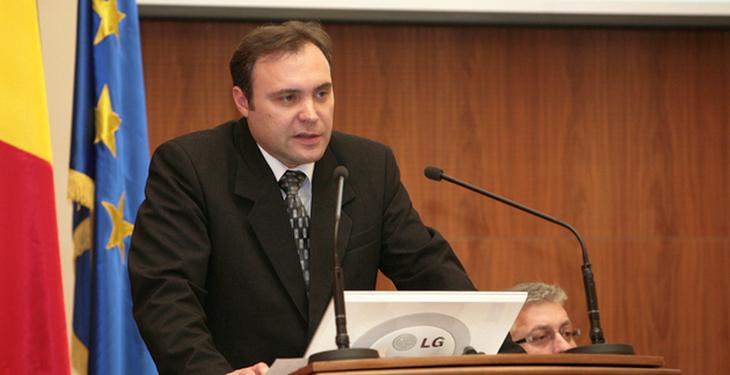The overtaxation of oil companies should generate benefits for society in the future, for Romanian consumers and taxpayers and not go to the state’s accounts, where the money will disappear, menaing to be used to cover deficits, Dumitru Chisăliță, president of Intelligent Energy Association, told Energynomics.
The Government has decided to top-tax the profits of oil and gas companies with a “solidarity” tax that appears to omit the most important local player, OMV Petrom. The company needs investment to make the final decision on the Black Sea gas extraction project, a decision announced for this summer.
OMV Petrom issued a new report to investors according to which it stated that the group present in Romania expects “not to enter the scope of this solidarity contribution for the fiscal year 2022, having less than 75% of the turnover from the defined sectors: crude oil extraction, gas extraction natural resources, the extraction of oil and the manufacture of products obtained from oil refining.” Later, the Ministry of Finance issued a statement to the press according to which “the solidarity contribution is also owed by the affiliated parties,” which could suggest that OMV Petrom could also be overcharged.
“The first discussion must start from the reality of the year 2022, which will probably extend into 2023, namely that some overprofits have been created due to a conjuncture. In such situations, normally, for any excess profit that is made on the backs of some consumers, it is natural to be a certain return, as an effect – I am not necessarily talking about money – at the level of those who contributed to this conjunctural situation – so we cannot assign the profit the merrit of an extraordinary management, based on preparation – it’s a conjunctural thing. From this point of view, I believe that for conjunctural moments, the money that was obtained conjuncturally must not all go to the shareholders, regardless of whether private or state-owned, and that it must, in one form or another, return, at least partially, to society,” he said.
“The second aspect, related to those statements that were made today – they are in accordance with the legislation in force. We are not discussing an ill-will, a slip-up, but we are discussing the applicability of the law. We must not overcome a very important element – the rule of law. As written, it must be enforced. And if those conditions are met, or if they are not, we have to apply the law,” added the analyst.
He believes that the Government could have issued as early as December 2022 an ordinance that would start from the specific needs of the energy industry in 2022 and the following years and retransmit the surplus profits towards investments.
“The Government could have issued an ordinance that would catalyze all the overprofits not at the state budget, where we don’t know what happens to the money – and the clearest situation is the overtaxing of gas producers from 2013 until now, where the money has disappeared and nothing happened, but be a catalyst towards those areas where society, consumers, would benefit in the future,” the analyst added.
This approach would have taxed companies only if no investments had been made from surplus profits. He offered the example of refineries, where “we are in a situation where we import all the biofuel”, and where incentives could have been offered for the development of local production.
“It is important to think of a way for the society to be the beneficiary,” he added, to the question related to the effects on the eventual decision to invest in Neptun Deep.
“When this money goes into an account, and I know that cogeneration taxes, gas overproduction taxes, taxes on top of taxes have also gone, and they still disappeared, this overtaxation does not satisfy me at all.”
He does not believe that overtaxation would have the additional effect of raising prices for consumers.
“If we are discussing the overtaxation of 2022, we cannot talk about a price increase, because the year has already ended, it can no longer have a retroactive effect. As for the future effect, because we are talking about an over-over taxation, I don’t think it will lead to an increase in prices, because prices are already very high and there is no more margin on the part of consumers. Further price increases would mean volume decreases, which are reflected much more strongly on the balance sheet than a price increase.”

